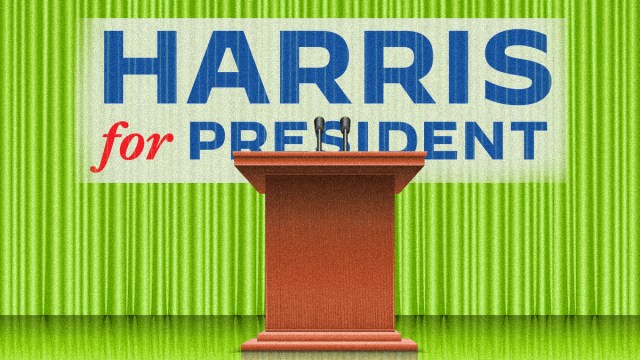Don’t miss Mediaweek, October 29-30 in New York City. Save 20% on passes and gain winning media strategies to drive growth across channels. Hurry—sale ends Sept 9.
The U.S. election charges full steam ahead now that both conventions are over, as “We the People” anxiously count down to Nov. 5 to determine the fate of our Union.
Simultaneously, it is becoming a masterclass in marketing.
While political campaigns have long utilized data-driven targeting and sophisticated marketing techniques (as seen with Cambridge Analytica’s controversial involvement in 2016), the 2024 election cycle takes these strategies to new heights, reflecting advancements in technology and a changing media landscape.
Always on, always ready
The sheer scale and speed with which campaigns can adjust their strategies in real-time is unprecedented. For instance, machine learning helps identify which messages resonate most across different voter segments, allowing for near-instant optimization.
The 2024 election cycle has also introduced a more pervasive “always-on” digital presence, creating a rhythm of constant engagement akin to entertainment media. Kamala Harris’ campaign has embraced this with a steady stream of digital content on TikTok and Instagram that feels less like traditional political ads and more like cultural commentary, making politics a continuous conversation.
However, this strategy has drawn criticism for sometimes feeling overly curated and lacking the authenticity that younger voters crave, leading to some disconnection with her messaging. In contrast, former President Donald Trump’s campaign has been praised for leveraging influencers who resonate more effectively with their base, although it, too, has faced scrutiny for pushing polarizing messages that risk alienating broader audiences.
This constant flow of content reflects the challenge for brands today: maintaining relevance in a 24/7 digital world. Brands, much like political campaigns, must strive for sustained engagement while ensuring authenticity to remain top-of-mind for their audiences.
Personalization and the risk of isolation
While there are valuable lessons to be gleaned from this election cycle, not all tactics translate directly into best practices for marketers. The “election as entertainment” approach has certainly kept voters engaged, but it also runs the risk of oversaturation, causing the audience to tune out or become fatigued.


